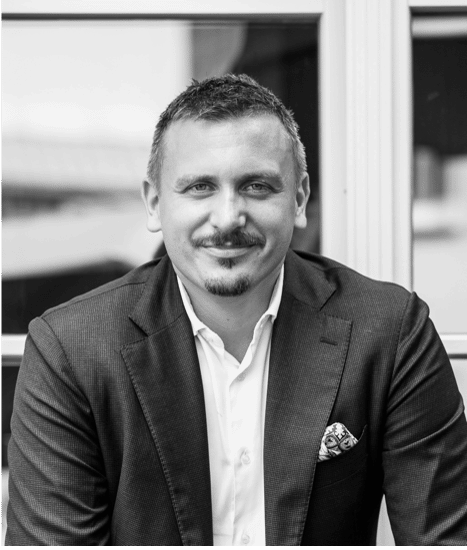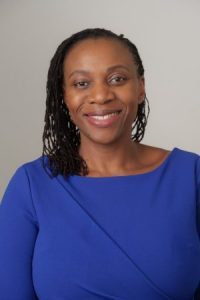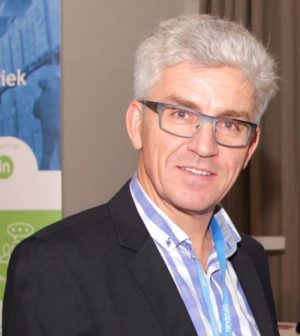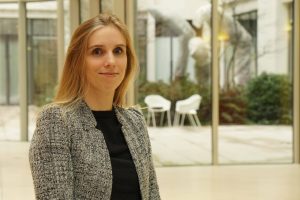Lucía Solbes Castro is a Social Protection Specialist in the Europe and Central Asia Unit of the Social Protection and Jobs Global Practice at the World Bank Group. She joined the Bank in 2010 to participate in the Gender 2012 World Development Report and since then has worked on social safety nets programs and social protection delivery systems in countries across Latin America, Africa, and Europe. Lucía has experience in analytical and operational work with a focus on social assistance and integrated provision of social services. She holds a B.A. in mathematics from Universidad Complutense (Spain) and a M.S. in economics from the European University Institute (Italy).










